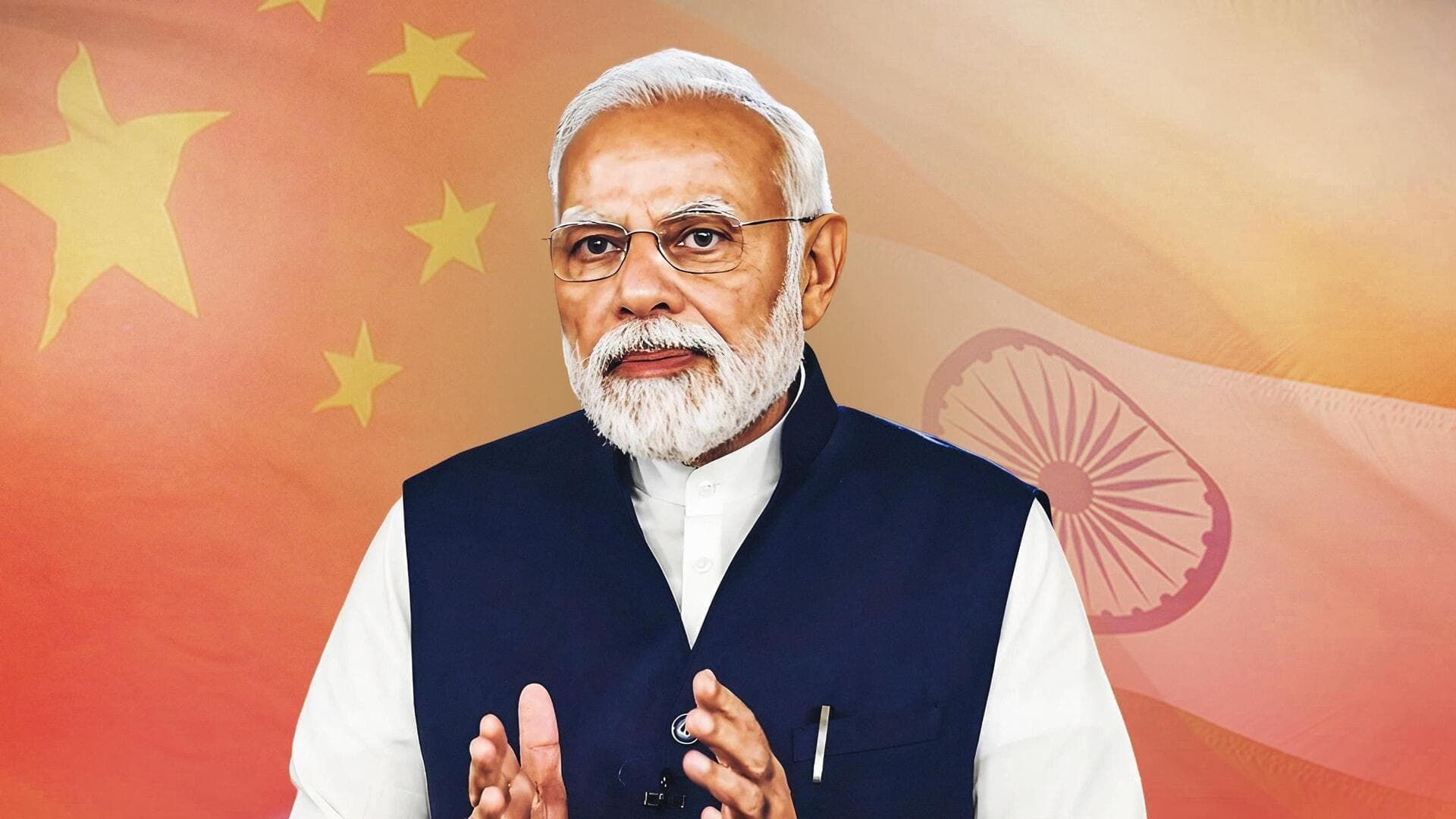
COP28: India, China skip triple renewable energy plan
What's the story
Both India and China refrained from signing the pledge at the 28th United Nations Climate Change Conference (COP28) climate summit to triple the world's renewable energy capacity by 2030 on Saturday. The pledge involves scaling up clean power and decreasing the utilization of fossil fuels. The commitment also calls for the phase-down of unabated coal power and the end of funding for new coal-fired power plants.
Context
Why does this story matter?
The decision comes as a surprise since New Delhi has already committed to it as part of its G20 presidency earlier this year. During the ongoing UN climate talks in Dubai, 118 nations committed to tripling the global renewable energy capacity by 2030 in a highly endorsed initiative. The COP is the highest decision-making body of the UN Framework Convention on Climate Change (UNFCCC), formulated to evaluate progress in combatting climate change.
Details
These nations backed plan to triple renewable energy
Although India and China expressed support for the threefold increase in renewable energy by 2030, neither of the countries officially backed the comprehensive pledge on Saturday. Countries that have backed the pledge to reduce the reliance on fossil fuels in the world's overall energy production include Australia, Chile, Japan, Canada, Brazil, Barbados, and Nigeria.
What Next?
Here's how tripling renewable energy will help fight global warming
As per the International Energy Agency (IEA), the world needs to double the rate of energy efficiency and triple its renewable energy capacity by 2030. This will help reduce fossil fuel demand and restrict global warming by the end of this century to 1.5 degrees Celsius. Notably, unabated fossil fuels refer to the continued use of oil, coal, and gas without efforts to trim emissions.
Insights
Recalling PM Modi's address at COP28 in Dubai
Speaking at the COP28 Summit earlier this week, Indian Prime Minister Narendra Modi urged nations worldwide to work together to cut global emissions drastically. PM Modi also said that India's emissions are very low compared to other nations with significantly smaller populations. Moreover, he said that the country contributes less than 4% to global carbon emissions despite having 17% of the world's population.